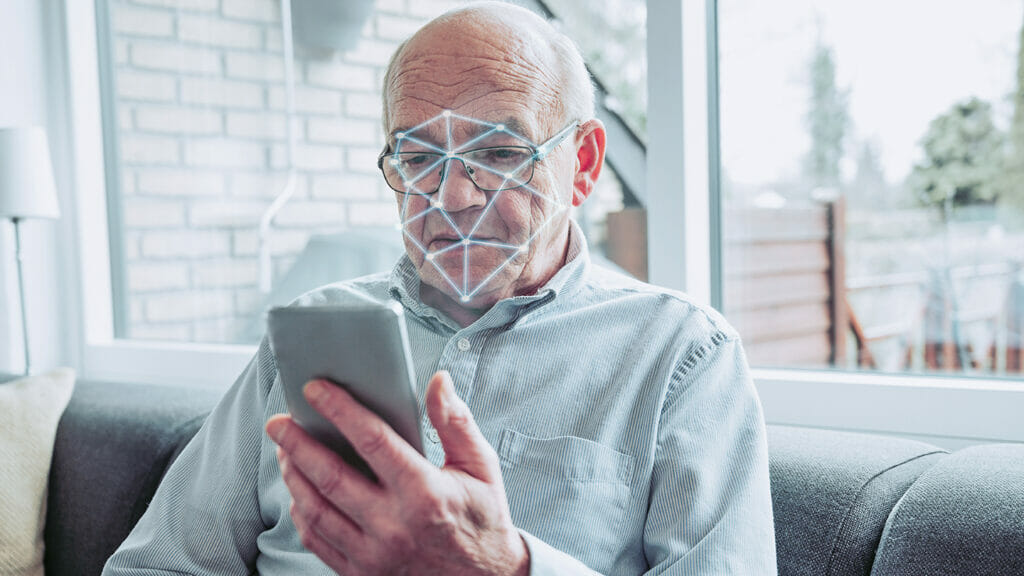
A researcher who builds passive devices that use radio waves and artificial intelligence believes that if more people adopted such technology, it could provide invaluable population-level data on diseases such as Alzheimer’s and Parkinson’s.
The potential for AI to help in early screening for those debilitating conditions has spurred much recent research but also has raised an equal number of questions and concerns about whether the data are accurate.
AI can indeed lead to issues such as denying care to patients or generating false positives. But part of the issue is a misunderstanding of AI as operating separately from the context of humans — both those who design and those who depend on the tech, researcher Dina Katabi, PhD, argued in a recent story on AI’s limitations.
Katabi’s research has involved collecting data from passive monitoring devices, using AI to weigh a user’s current details such as gait or respiratory rate against a learned norm.
AI left unmanaged by humans is less of a threat to take over the world and more akin to a freezer for which the door has been left open so that everything inside melts, Katabi said.
It is thus up to humans to determine the inputs that the AI models train on and then to properly contextualize or incorporate the resulting findings in a more collaborative way than is sometimes imagined.
The argument is similar to one made during a recent panel on sleep monitors and neurologic disorders, during which experts suggested that wearables could lead to breakthrough findings on neurologic disorders and their onset.
Another health tech CEO whose company relies on AI, HealthEI.AI’s Praveen Soti, was adamant that “humans will always be there” and that new tools were meant to complement healthcare clinicians and providers, not remove them from the equation, in a recent interview for the McKnight’s Tech Daily. In the report on AI’s human dependency, which was published recently in Hopkins Bloomberg Public Health, another healthcare expert, Scott Zeger, PhD, went as far as to state that AI never will be able to “disentangle the intricacies” of human interaction, and by extension, our healthcare needs, all on its own.



